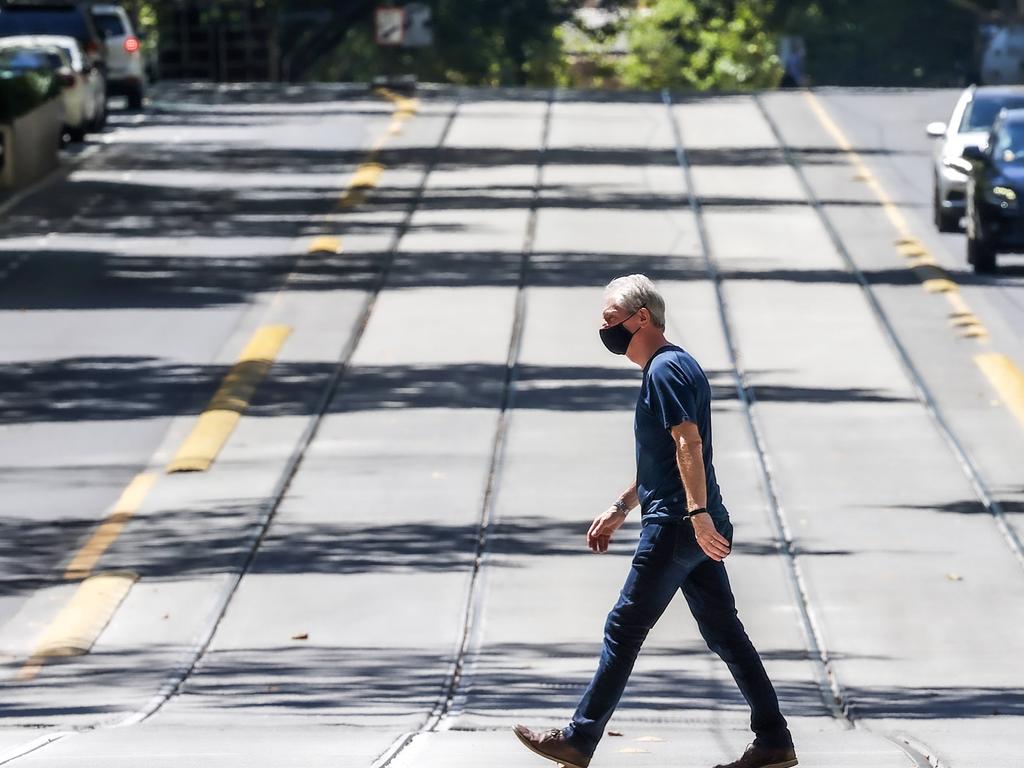How Facebook’s move in Australia will impact its bottom line
Investors will be watching the US market when it opens to see what financial fallout, if any, comes from the social media giant’s decision.
Facebook’s blackout on news posts sent shockwaves through cyberspace on Thursday but Australia represents a drop in the ocean in terms of a financial hit for the $1 trillion social media giant.
On the global stage Facebook rakes in billions. In 2020, it posted global revenue of $US85.9bn ($111bn) and net profit of $US29.1bn ($37.5bn).
In Australia, the income is relatively paltry. In 2019, Facebook generated $167m in revenue in Australia, mostly on ad sales. Its full year profit in Australia was $22m, latest accounts filed with the corporate regulator show.
In short, Australia doesn’t move the financial dial.
Facebook’s New York-listed shares on Wednesday closed down 0.1 per cent at $US273.57 giving it a market capitalisation of a little over $1 trillion. In comparison, the sum of all of Australia’s annual economic output is $1.79 trillion.
So why is Facebook taking a heavy handed approached when asked to pay news media organisations non-material for helping keep eyeballs on its platform reading ads?
Panic is the best word for it. Its decision to ban news on its platform will be universally noticed by users across the country who will see Facebook as rather bloody-minded.
Facebook Australia managing director William Easton on Thursday announced its decision to ban both users and publishers from sharing or viewing news content, citing Australia’s proposed media bargaining code which it said “fundamentally misunderstands the relationship between our platform and publishers”.
Facebook said it had generated 5.1 billion referrals to Australian news publishers which it claims are worth an estimated $407 million.
While Australia is a blip on Facebook’s balance sheet, the tech giant is very concerned at the precedent that payments to Australian news organisations will set in the around 130 countries where it operates.
Facebook’s payout would be in the billions if code of conduct like Australia’s was adopted across the globe.
Google too has seen Australia as a testbed for being required to pay for news. Like Facebook, its first reaction was a ban. Australians would be banned from using Google search. Google subsequently forged agreements with the main news publishers who have signed up for Google News Showcase.
Publishers get cash, but Google for now avoids paying for news links delivered in Search, which is its ultimate fear.
Facebook, which already struggles to moderate news content, now has the added task of separating what constitutes legitimate local and international news in Australia, and what does not.
This has had unintended consequences with a string of non-news sites also being caught up in the wipeout from the Bureau of Meteorology to the Western Australian opposition leader Zak Kirkup.






To join the conversation, please log in. Don't have an account? Register
Join the conversation, you are commenting as Logout